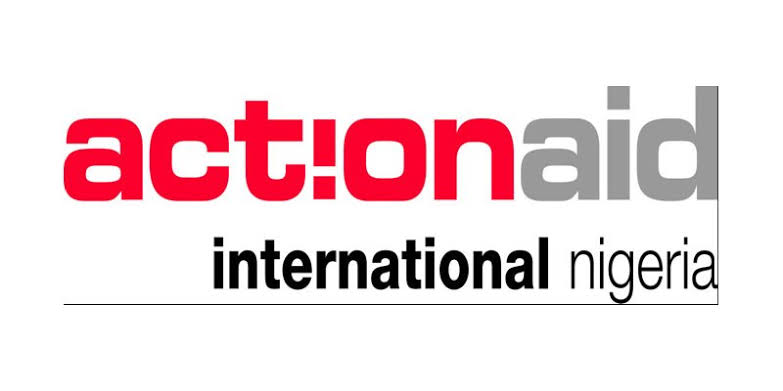Abuja, Nigeria | August 23, 2025
ActionAid Nigeria has urged the Federal Government to urgently institutionalise the National Home-Grown School Feeding Programme (NHGSFP), describing it as a proven strategy to combat Nigeria’s worsening education crisis, reduce hunger, and strengthen local economies.
Speaking during the launch of its “Innovative Action for School Feeding Programme” in Taraba State, ActionAid officials highlighted research showing that well-implemented feeding initiatives can increase school enrollment by up to 30 percent and cut absenteeism by half. The organisation stressed that with an estimated 15 million Nigerian children still out of school, the programme should be enshrined in national policy to guarantee sustainability and scale.
The initiative, implemented in partnership with ECOWAS, the Spanish government, and the WACHEF Foundation, will provide meals for 800 pupils over three years in Taraba, serving as a model for community-based school feeding systems.
ActionAid emphasised that school feeding delivers multiple benefits beyond education—improving child nutrition, stimulating local agriculture, and enhancing human capital development.
While the advocacy has been widely reported, there has been no immediate government response to ActionAid’s call. Analysts note that issues of funding, logistics, and governance remain critical challenges to nationwide expansion.
Verified Fact-Check:
ActionAid’s statements are recent, credible, and directly attributed to senior officials.
The claims align with published data from The Guardian Nigeria, Vanguard, and Daily Trust.
Reports confirm the launch event in Taraba and the current scale of intervention.
However, the coverage does not provide details on federal government commitments, timelines, or budgetary plans to institutionalise the programme.
Conclusion:
The report is accurate and reliable, but gaps remain regarding government action and the long-term sustainability of the feeding initiative.

